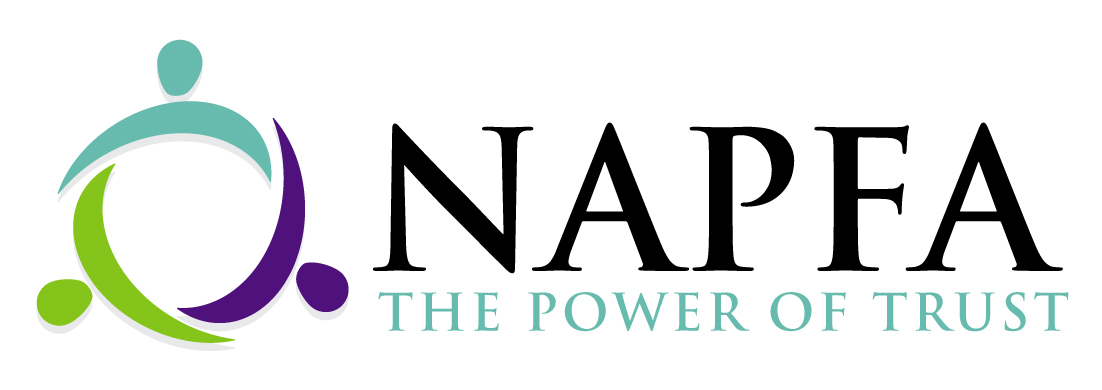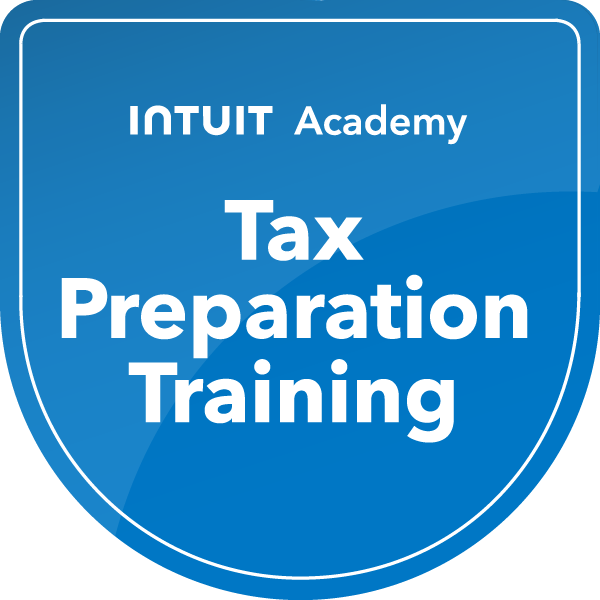Frequently Asked Questions
Fee-only is a subtle but very important designation of how a financial advisor is compensated. A fee-only fiduciary financial advisor is legally bound to act at all times for the sole benefit and interest of their clients. This is the highest standard of loyalty, trust and care under the law. As a fee-only firm, we receive payment only for our advisory services in the form of fees paid by our clients. A fee-only structure reduces potential conflicts of interest. In contrast, a fee-based financial advisor is paid by clients for advisory services and may also receive referral fees or commissions from third-parties to recommend certain financial products and securities, which can create unnecessary bias.
Yes. The fiduciary standard of duty is a legal requirement that requires prioritizing our clients’ interests over our own. We are under oath and law to put your best interest first at all times, even if that means we earn less compensation. This is the highest legal and ethical standard for financial advisors. Read more About Us.
John Foligno is a member of NAPFA, the nation’s leading professional association of fee-only advisors. As such, Grand Life Financial does not receive commissions or referral fees of any kind. Compensation comes solely from our clients. See more details of Our Fees here.
We offer several options including a flat fee for developing a comprehensive financial plan, subscription model pricing, hourly, a percentage of the assets that we manage on your behalf or provide oversight for held-away assets, or a combination of these. Our services include one-time projects and ongoing engagements that serve your individual needs. There is no obligation for us to manage your investments. And there are no hidden sales charges. The fees are fully transparent and will be determined after our introductory meeting, of which there is no charge. We charge you on a quarterly basis. Learn more here.
Yes. The initial call is to determine if there is a mutual fit, while a follow-on introductory meeting (in-person or virtually) is to learn more about your situation and to share how Our Services could support you, both of which are at no cost to you.
Unlike tax preparers who can help with tax filing and deductions during tax season, we are monitor the impact of taxes on a client’s portfolio all year-round. Because taxes and investments go hand-in-hand, we can assist clients with strategies at every life stage to help reduce their tax liability and stay on track to achieve their financial goals. We consider things like the timing of your income and large purchases, future expenses, and the types of investments or retirement plans that you have when developing strategies for your particular situation.
While you are still working, your tax planning strategy may include investing in a tax-deferred retirement plan that reduces your taxable income. This can be effective if you have a high income now, but anticipate potentially being in a lower tax bracket in retirement. Another option for high-income earners is a “backdoor” Roth IRA in which you first contribute to a traditional IRA and then convert that portion to a Roth IRA. This allows you to bypass IRS income limits and grow the converted assets tax free. However, income tax will be due in the year of the conversion as well as on any investment gains.
When you begin retirement and withdraw your assets, tax planning is also important to ensure that you stay in a beneficial tax bracket and optimize your Medicare and Social Security benefits. To help minimize taxes, we consider which accounts you should withdraw from first (taxable, tax-deferred, tax-exempt), the impact of receiving Social Security Benefits, or possibly recommend a transfer of your required minimum distributions (RMDs) to your favorite charitable organization (subject to IRS limitations).
Once you are fully retired, we consider adjusting your investment strategy to minimize taxes, reduce risk, and help maximize your savings. If you have underperforming investments, we can help with tax-loss harvesting, which is a tactic used to help offset any capital gains as you rebalance your portfolio.
We work also closely with estate planning attorneys to help our clients structure tax-favorable wealth transfer strategies, with the goal of leaving more assets to their children or a charitable organization.
We like our clients to think of us as their thought partner. While the initial financial plan will provide you with a roadmap, it is only good for a moment in time, as life naturally changes. As someone who now understands your entire financial universe, we can effectively collaborate or validate a choice that will impact your finances. Almost every money decision will have a tax implication, and oftentimes there are alternative strategies that you may not be familiar with that would be more optimal to help you achieve your goals.
We offer continuous, ongoing advice regarding your financial affairs, including advice on non-investment related financial issues. Because we intentionally maintain a small number of clients, we are very accessible and responsive when you have a question or need ad hoc financial advice. We find our clients benefit from multiple touch points throughout the year rather than meeting once annually. We will meet at a minimum once per year to review all aspects of your financial plan (goals, cash flow, retirement income planning, tax planning, etc.)
Yes. We meet virtually with clients nationwide. For those that prefer to meet in-person, we serve them in northern New Jersey (Summit, Madison, Millburn, Chatham) and southern Florida (Stuart, Palm City, Port St. Lucie, West Palm Beach).
We manage your investments via our custodian, Charles Schwab, which you have complete access to anytime. Should you prefer to maintain the assets with your custodian, we can provide oversight for those assets held away. Learn more about portfolio management here.
While there are some restrictions on who can call themselves an advisor, it is usually best to set the individual’s title aside and instead, focus on the other aspects, like shared values, services, firm structure, education, personality fit, and fees. Here are Our Differences.






